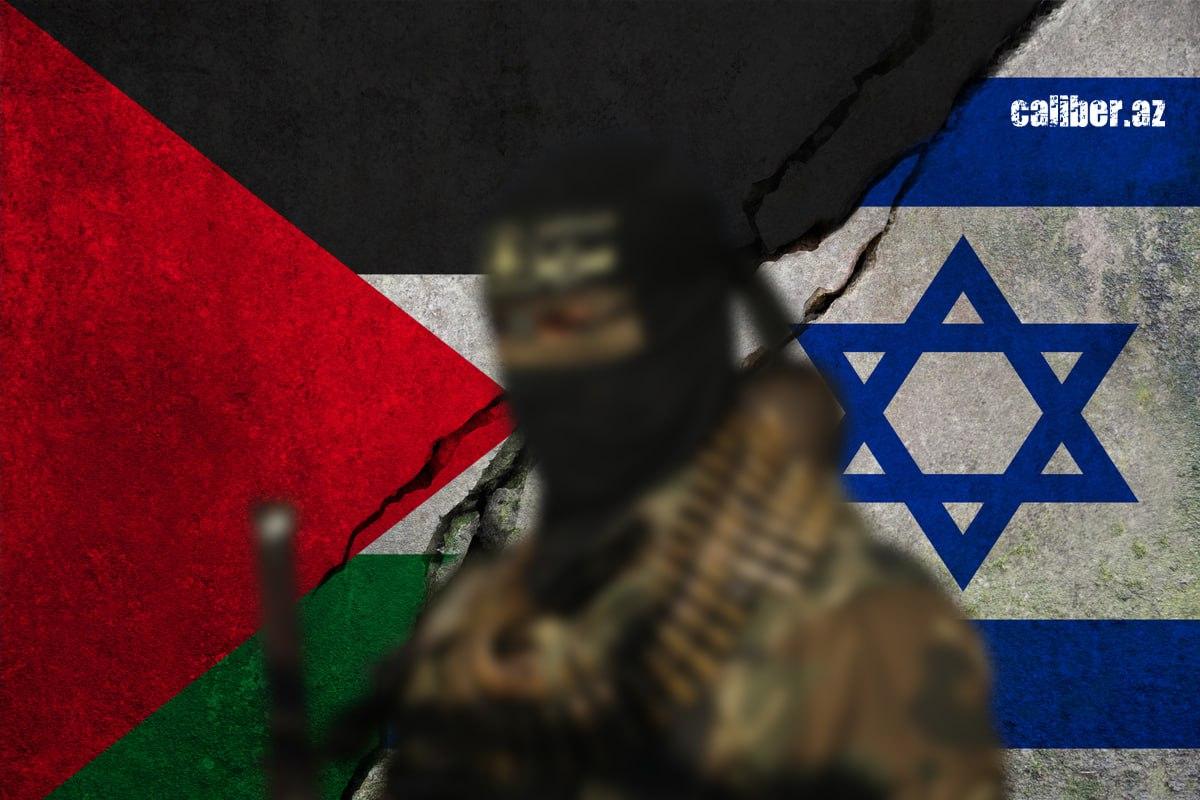Tensions rise amidst concerns over potential Gaza offensive US halts ammunition supply to Israel
"This is a headshot," says Barak Ravid, a columnist for the respected and well-informed US publication Axios. Two Israeli officials told the publication that the Biden administration suspended the supply of US-made ammunition to Israel last week. This is the first time since the October 7 Hamas terrorist attack that the US has suspended the supply of weapons intended for the Israeli military.
What has happened is exactly what Israel feared most and what the author of these notes has warned about in earlier articles. The supply of US munitions is the most vulnerable point of the powerful Israeli military machine. According to Israeli officials, the incident has caused serious concern in the Israeli government and forced officials to look for reasons why the shipment was delayed.
The suspension of shipments comes at the same time that Biden is being sharply criticized by Americans who oppose support for Israel. About 30 American universities are engulfed in protests against US military aid to the government of Benjamin Netanyahu and against Israeli military operations in Gaza. And while the number of protesters is relatively small, many of them are part of the Democratic Party electorate and activists who are involved in organizing that party's election ads. Today, many of them are not only demanding a suspension of aid, but are threatening to assemble a powerful electoral coalition against Biden from the progressive left, Arab Americans and the Muslim community, which together could cost Biden a few per cent of the electoral vote and the loss of the swing state of Michigan.

In February, the US administration asked Israel to provide assurances that US-made weapons are being used by the Israel Defense Forces (IDF) in Gaza in accordance with international law. In March, Israel provided a signed letter with assurances to that effect.
The Biden administration is extremely concerned that Israel will invade the town of Rafah in southern Gaza, where more than 1.5 million displaced Palestinians who fled there from other parts of Gaza from shelling and bombing have taken refuge. Rafah is Hamas' last fortified stronghold, home to at least four militant brigades. The US fears a widening humanitarian crisis in Rafah in the event of an Israeli assault. This would complicate America's position as Israel's ally in the Middle East, while triggering even more fierce protests within the US. Given that Biden's position is already precarious (according to the latest polls, he is trailing Trump by a few per cent), he doesn't want to risk everything because of Netanyahu.
Israeli Prime Minister Benjamin Netanyahu has made several statements in recent days in which he expressed his intentions to order an offensive on Rafah regardless of whether Israel and Hamas reach an agreement on the release of hostages held in Gaza, and a cease-fire. In addition, Netanyahu hinted at tensions with the Biden administration.
Last Wednesday, US Secretary of State Anhony Blinken visited Israel and had a "tough" conversation with Netanyahu regarding a possible Rafah operation, two sources aware of the meeting told Axios. Blinken told Netanyahu during their meeting that a major military operation in Rafah would result in the US publicly opposing it and that it would negatively affect US-Israeli relations. In addition, White House National Security Advisor Jake Sullivan told a Financial Times conference in Washington on May 4 that the Biden administration has made it clear to Israel: US policy on the Gaza war depends on what it does in Rafah.
The Hamas militants took about 240 Israeli citizens hostage during the October 7 attack, and about 130 are still in their hands. The group demands an Israeli cease-fire, a commitment to end the war, withdrawal from Gaza and the release of several thousand Palestinians detained by Israeli security forces. Israel may be willing to accept some of these conditions. The US is extremely interested in seeing the deal materialize. They support the negotiations between Israel and Hamas, which are being conducted through Egyptian and Qatari mediators.
As a gingerbread, Washington is offering Israel deliveries of the latest F-15 and F-35 combat aircraft, $14 billion in military and financial aid allocated by Congress, and normalisation of relations with Saudi Arabia, the richest country in the Arab world rivaling Iran. The US is even ready to finance the construction of a grandiose transportation corridor between India, Saudi Arabia, Jordan and Israel. It will become a gateway through which the flow of goods from Asia will be directed to Europe. This generous offer promises Israel not only astronomical profits, but also closer integration with the economies of India, the Arab states of the Persian Gulf and the European Union.
But the Americans use ammunition supplies as a whip. Israel does not have its own robust production of bombs, shells and rockets to cover its needs, and after six months of war in Gaza, its stockpile has been depleted. That includes the Iron Dome anti-missile systems that protect the skies above the country from Hamas shelling and Iranian strikes. If supplies stop, the Israeli army could be exsanguinated.

Netanyahu is in an extremely difficult position. On the one hand, he is under pressure from the Americans, who do not want to storm Rafah. On the other hand, ministers in his government who hold radical nationalist views, Itamar Ben-Gvir and Bezalel Smotrich, have said they will leave the government in the event of a deal. This could lead to the collapse of the ruling coalition, which is led by Netanyahu and his Likud party, and new elections.
Netanyahu's ratings hit rock bottom after October 7, when Hamas militias infiltrated Israel, controlled 22 locations for three days, stormed the headquarters of an Israeli division, killed 300 military personnel, shot 900 civilians, and took 240 hostages, including children. It was the most serious failure of Israel's security forces since the 1973 Doomsday War. After such a disaster, Netanyahu has little chance of winning a new election. And all this against the backdrop of a trial that accuses him of corruption. Losing power for the 74-year-old politician could turn out to be the worst-case scenario.
Egyptian and Qatari mediators are currently trying to reach a hostage agreement between Israel and Hamas, an agreement that would lead to a pause in the fighting in Gaza. The pause could then be tried to be turned into a lasting truce. The Biden administration is heavily involved in this effort, and CIA Director Bill Burns joined the talks in Cairo last weekend.
The Hamas group said in a statement on May 3 that it views the current proposal with a "positive attitude" and is "traveling to Cairo to reach an agreement."
Much now depends on whose pressure on Netanyahu proves stronger. Who will win the tug-of-war - Biden or the radical ministers of the Israeli government? On the other hand, much will also depend on what terms will be agreed with Hamas, if a deal is reached at all.
The views and opinions expressed by guest columnists in their op-eds may differ from and do not necessarily reflect the views of the editorial staff.








